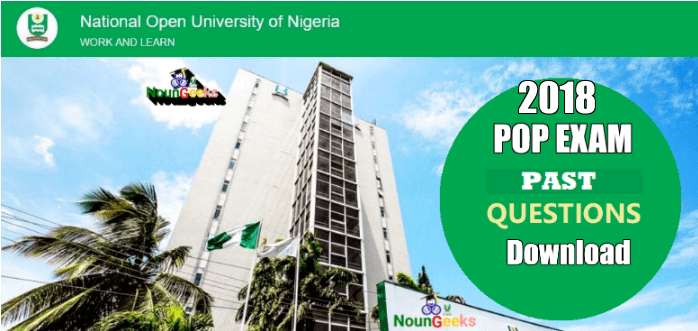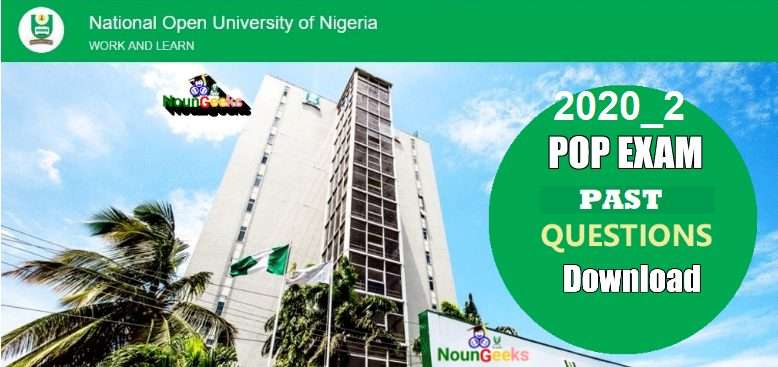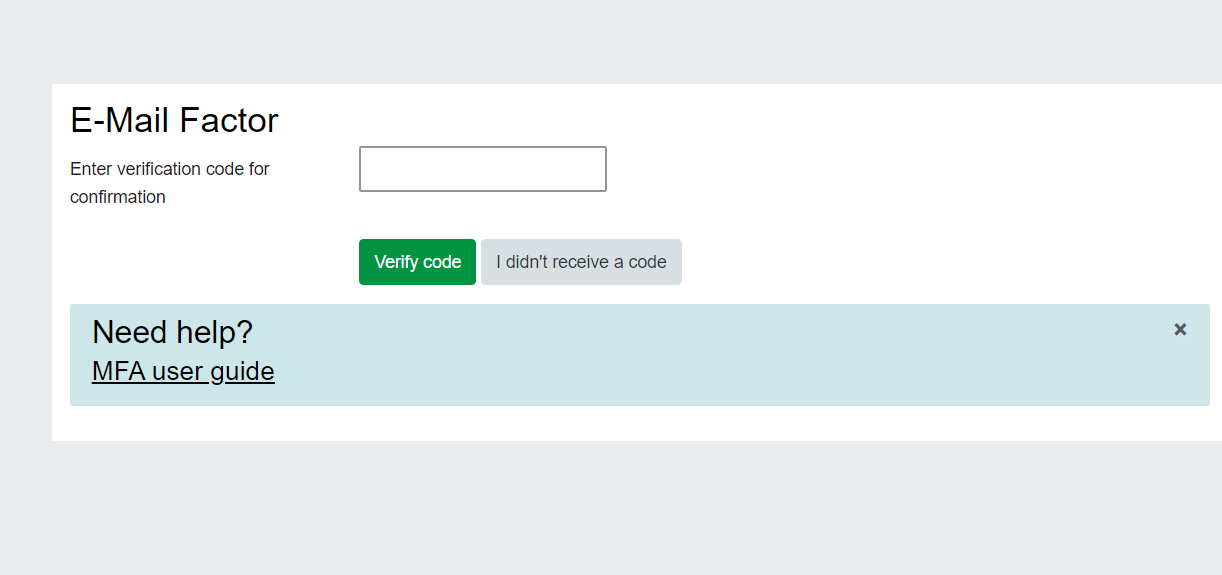

ORIENTATION FOR NEW STUDENTS (NOUN)
For the award of a Bachelor’s Degree from 100L, you must run your programme within a minimum of eight(8) semesters (4years) or maximum of sixteen (16) semesters (8years).
For direct entry, students must obtain a minimum TCE of 90-credit units depending on your programme, a minimum of six (6) semesters (3 years) or maximum of twelve (12) semesters (6 years), excluding the General Studies (GST) Courses.
NOTES:
(1) The maximum semesters starts counting from the year you were admitted, if you abandoned your studies for too many semesters, you may not be awarded a degree certificate.
House of Reps to dissolve the NYSC programme.
(2) Students are required to pass at least one elective course in a semester. They must also pass 18 CU (credit units) of GST Courses as specified by the Senate.
STUDY CENTRE OFFICIALS
DIRECTOR: This the head of the study center and should be met only on special occasions.
COUNSELOR: Students Counselor is your best friend in National Open University of Nigeria. He/She has the answer to 95% of your questions about your studies.
FACULTY DESK OFFICER: At higher levels you’d always need the assistance of your faculty officer; TP, IT or otherwise.
Check out: NOUN NYSC UPDATE
ACCOUNTANT: This person checks and clears students for proper registrations and payments for examination purposes.
IT OFFICER: This person has 80% solution to any issues you may encounter in NOUN; resetting passwords, resetting admission forms, and many other IT related activities you may not be able to do.
LIBRARIANS/STOCK KEEPER: This person gives you all the hardcopy/textbooks of your registered courses per semester.
GLOSSARY OF SOME TERMS USED IN NOUN:
COURSE:
Just like SUBJECTS (English, Mathematics, French, etc) in secondary schools, a course is a major content segment comprising topics in a particular subject. At NOUN, multiple of courses that make up a programme of study leading to a degree qualification.
COURSE CODE:
The abbreviations that distinguishes one course from the another. This should be understood to mean quantitative system of organisation of the curriculum in which subject areas are broken down into unit courses which are examinable and for which students earn credit(s) if passed.
How to apply for NYSC exemption letter (NOUN)
The courses are arranged in progressive order of difficulty or in levels of academic progress, e.g. Level 1 or year 1 courses are 101, 102 etc. and Level II or Year II courses are 201, 202 etc. The National Open University of Nigeria also has a policy of odd number representing first semester and even number representing second semester.
NOUN SEMINAR PRESENTATION TIPS
COURSE CREDIT:
A Credit is the unit of measurement for a course. At NOUN, 1 credit unit is estimated to be the equivalent of 7 study units. A 1 credit unit course is estimated to take *30 study hours* to complete and is broken down as follows:
Study time- 21 hours, TMA-3 hours, and Facilitation-6 hours.
SEMESTER:
A Semester is an academic period of twelve weeks, excluding examination period. NOUN offers two semesters of study per year: January to March and July to September.
CORE/COMPULSORY COURSE:
A course which every student must compulsorily take and pass in any particular programme at a particular level of study.
ELECTIVE COURSE:
A course that you take within or outside the faculty. You may graduate without passing the course provided the minimum credit unit for the course had been attained.
PROGRAMME/DISCIPLINE:
A programme comprise of prescribed courses offered at different levels of study. It also refers to a particular field of study made up of courses e.g. Bachelors programme in Peace Studies and Conflict Resolution. At NOUN, a programme of study leading to adegree qualification is made up of general, compulsory and elective courses.
TMA:
Tutor/Computer Marked Assignment is an electronic form of assessment conducted to ascertain the level of students academic performances. It carries 30 marks split into three parts (TMA 1-3), each part carries 10 marks. You’re expected to submit AT LEAST two of the three TMAs in order to qualify for examination and see your result for that course. Read more on TMA here.
POP:
Pen on Paper is a form of examination conducted for students from third year (300L) and above. The write on paper using pen/biro. It’s totally offline examination.
CBT/E-Exams:
Computer Based Examinations is an electronic form of examination comprising of Objectives and Subjectives. It’s conducted for students from first year (100L) to second year (200L).
Carryover:
When you fail a course, that’s when you score below 40, it’s called carryover course and you’ll be required to rewrite and pass such course in order to qualify for graduation.
NE:
This means NO EXAMS. It’s a remark given to students who missed their exams or who wrote exams but didn’t submit.
NT:
This means NO TMA. A remark given to students who missed TWO TMAs out of the three or the entire 3 TMAs.











Post Comment